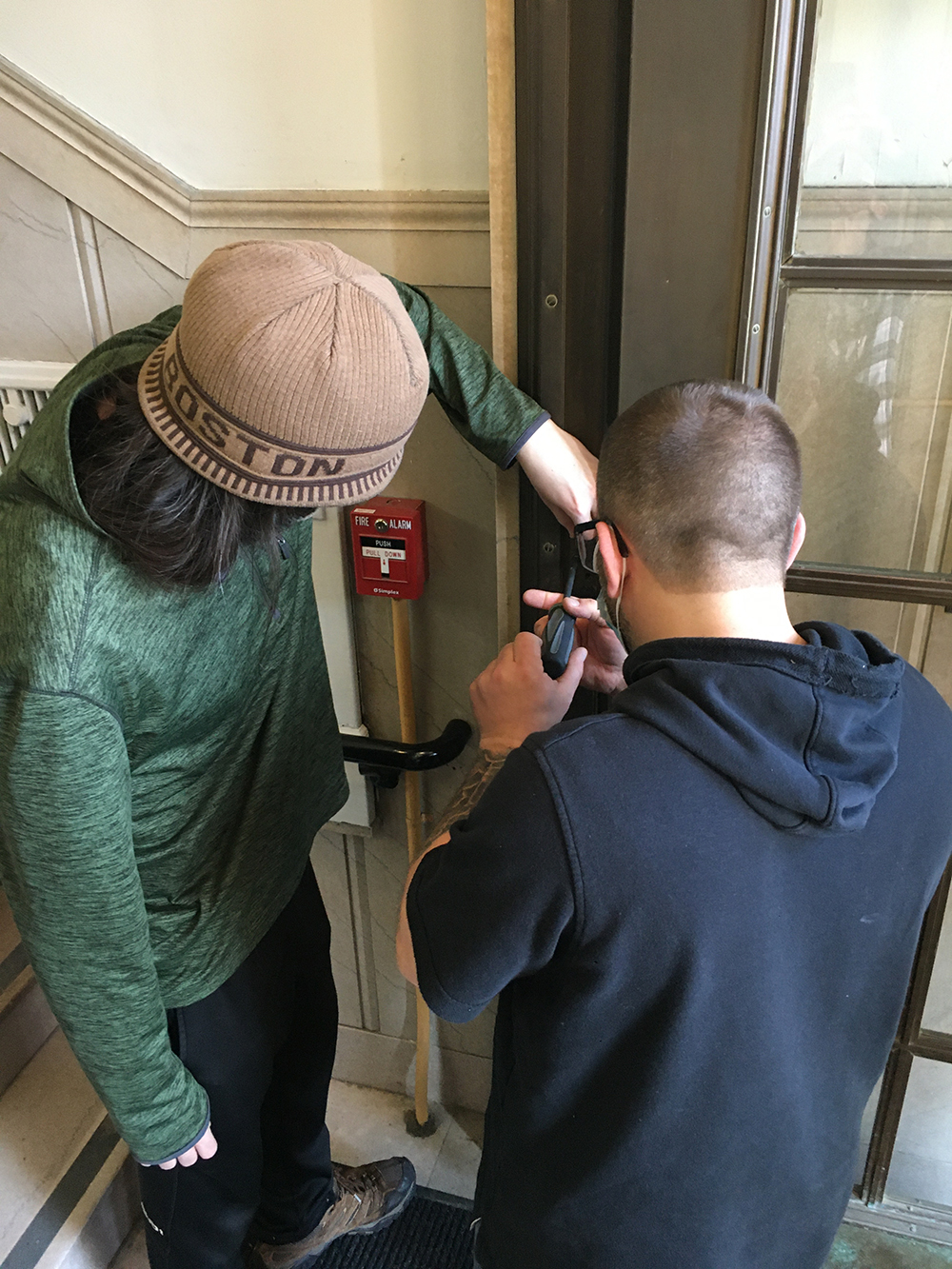How to Start Your New Locksmithing Business

Categories
Locksmithing & Security Technology
We published an earlier piece on why you might want to consider locksmithing as a professional career. As an in-demand and evolving field, locksmithing offers many advantages, including the ability to train for it in just months rather than years (our comprehensive program is just nine months).
But training is just the beginning. As any business owner will tell you, starting a new business takes more than the skills required to do the work. And that can be intimidating, especially to someone who has never been their own boss. The good news about starting a locksmithing business is that it is probably simpler and less expensive than you think, especially as a field where you typically go to the customer and may not even need a storefront location.
Let’s assume you’ve successfully completed your locksmith training and are ready to get started. Here are some basics on how to start your new locksmithing business:
- Decide what you’ll specialize in. Locksmithing is a broad field. Do you want to be a commercial locksmith (someone who works primarily with businesses), a mobile locksmith (on-demand locksmith services), or perhaps an institutional locksmith (working with medical, educational, or government facilities)? You can even drill down to areas such as residential, automotive, or safes. Something to consider is where you want to start. For example, a mobile locksmith can work out of their vehicle and more easily market to and find clients.
- Know the legal requirements in your state. Some states and municipalities do require that locksmiths be licensed. For up to date information, check with your state’s professional licensing board.
- Determine where you will work. A great cost savings, especially as you get started, is to forego renting space and consider whether you can base your services from home or a vehicle. That may require registering your business with your city/town and/or state.
Research what tools and equipment you’ll need. You’ll need the right tools for your particular specialty. If your school has an active alumni group and solid career resources, that would be a good place to start.
- Find a good mentor. Networking with other locksmiths is a great way to learn from someone who is already successful. (Check out our NBSS alumni page here.) Also, your local Small Business Administration (SBA) or SCORE office likely has experienced business mentors who can help you with your planning and applying for any needed funding, at no cost.
- Write a business plan. We know it can be intimidating, but a business plan helps in multiple ways. It forces you to think about competition, start up costs, your market, and more—all the things you’ll need to be successful. If the terms “write” and “plan” have you breaking out in a cold sweat, there’s help out there. The SBA offers information on various types as well as samples.
- Know what legal and insurance requirements are. Again, the SBA and SCORE can help with understanding what insurance and state paperwork you will need to start a locksmith business in your area.
- Invest in professional marketing materials. A professionally-designed logo and business cards will not only be impressive to potential clients, but they’ll also help boost your own self-image and esteem. Also consider enlisting professional help with a simple, well-designed website. Not only does it help customers find you, but a good website will also help you stand out from the competition.
- Don’t forget a dedicated email address and phone number. You’ll want to make sure you treat your business like a business from the start. It is simple to set up a separate email address that incorporates your business name. If you have invested in a domain name for your website (they’re not expensive), you may also be able to set up a related email address. If you decide not to set up a separate phone number, make sure your cell phone is set up as a business phone with an appropriate message for prospective clients.
These are just some of the steps you’ll need to consider in starting your locksmithing or any similar self-employed line of work. If you’d like to know more about locksmith education and training, reach out to us here.

 Research what tools and equipment you’ll need. You’ll need the right tools for your particular specialty. If your school has an active alumni group and solid career resources, that would be a good place to start.
Research what tools and equipment you’ll need. You’ll need the right tools for your particular specialty. If your school has an active alumni group and solid career resources, that would be a good place to start.
